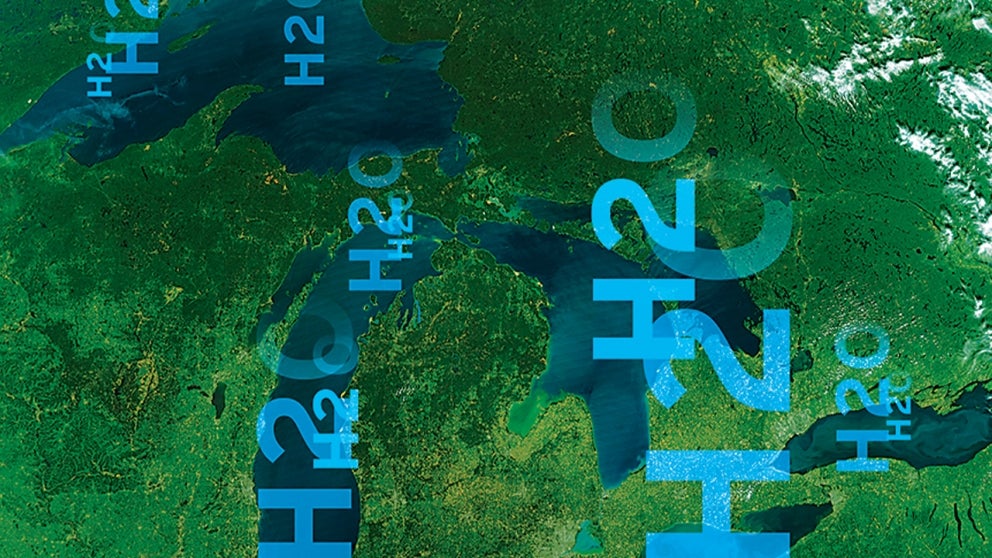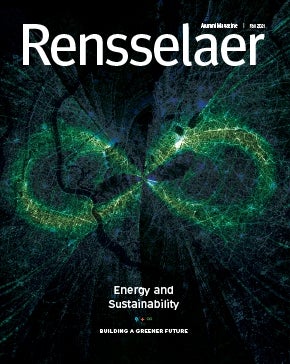
Freshwater Lakes Threatened

“All complex life depends on oxygen. It‘s the support system for aquatic food webs. And when you start losing oxygen, you have the potential to lose species,” says Kevin Rose, professor of biological sciences.
Since 1980, oxygen levels in the deep waters of surveyed lakes have declined and lakes are losing oxygen, in some cases, nearly 10 times faster than oceans. Rose says that decline will have impacts throughout the ecosystem.
The drop in oxygen levels, driven largely by climate change, threatens freshwater biodiversity as well as drinking water quality. Decreasing oxygen levels in surface waters can be an indicator of widespread increases in algal blooms, some of which, Rose explains, can produce harmful toxins. And the decreasing oxygen in deeper waters can lead to clarity losses.
Although lakes make up only about 3% of Earth’s land surface, they contain a disproportionate concentration of the planet’s biodiversity. Stephen F. Jane, who completed his Ph.D. with Rose, says the changes are concerning both for their potential impact on freshwater ecosystems and for what they suggest about environmental change in general.
“Lakes are sentinels of environmental change because they respond to signals from the landscape and atmosphere. We found these disproportionally more biodiverse systems are changing rapidly, indicating the extent to which ongoing atmospheric changes have already impacted ecosystems,” Jane says.
In addition to biodiversity, the concentration of dissolved oxygen in aquatic ecosystems influences greenhouse gas emissions, nutrient biogeochemistry, and ultimately, human health.















